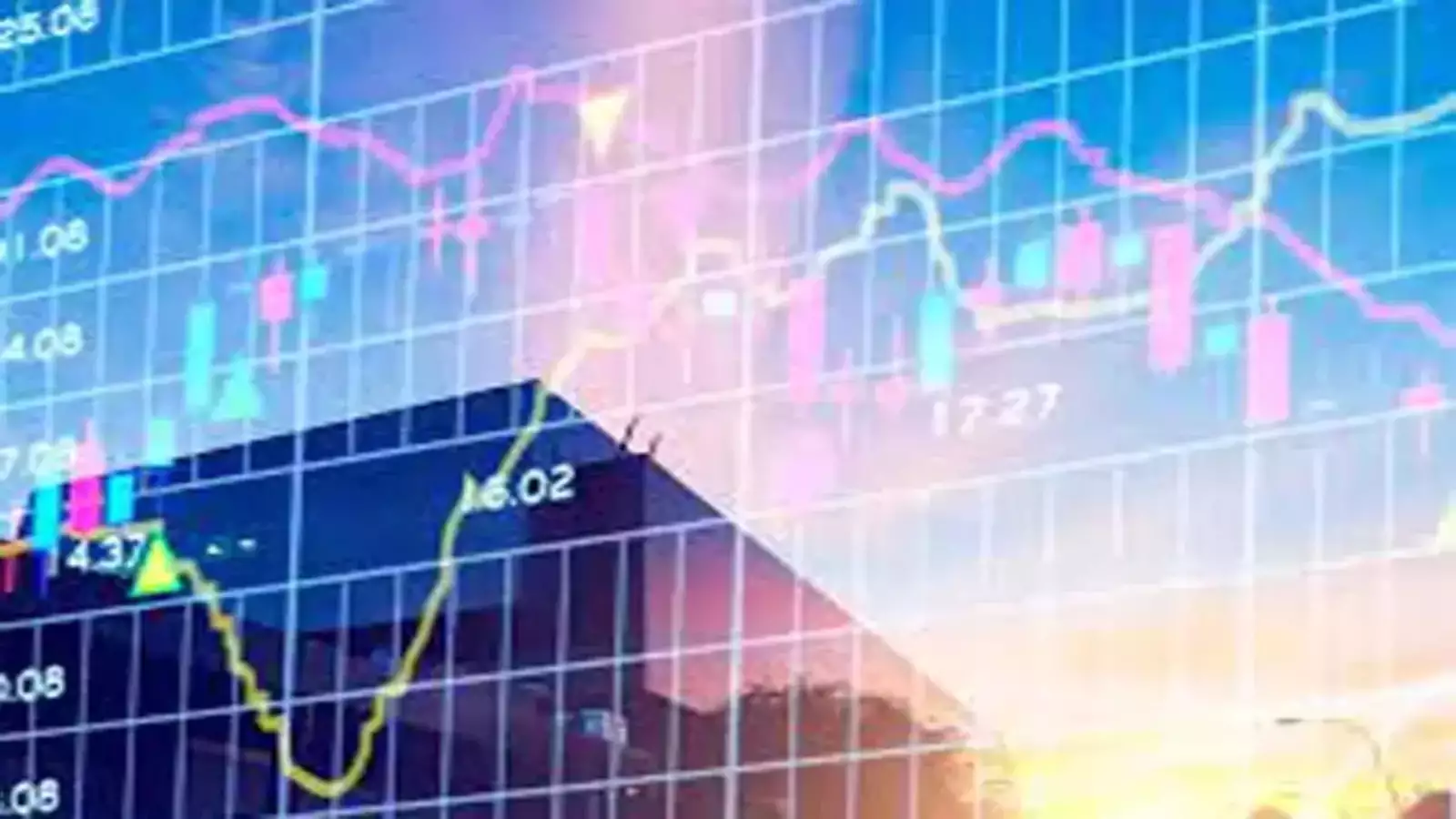European Shares Set For Weekly Loss On Heightened Trade Tensions
Businesses that operate on European stock exchanges faced intense market challenges lately. This is because trade disputes and slowing economic forecasts are dominating trading activities. The pan-European STOXX 600 index closed at 0810 GMT on Friday with a minor advance in its value. In the course of this week, the index registered a decrease that caused investors’ nervousness.
Are The Trade Tensions Escalating?
European share values dropped due to increasing trade conflicts among different nations. President Donald Trump of the United States threatened to enforce a tariff of 200% on all wines and alcoholic beverages arriving from the European Union, UK.
The Trump administration initiated these new trade restrictions because the EU maintains existing import tariffs on American whiskey, thus escalating tensions between the two economic powers.
Global markets are experiencing instability because of these forceful trade measures. Everybody from investors to consumers fears that a complete trade conflict will damage economic expansion while creating instability throughout global supply lines. Following are the major industries that have been facing challenges and changes recently:
1. Automotive Industry
The particular business sectors and their corresponding companies receive direct negative consequences from these developments. These recent advancements have had a substantial impact on the automotive industry.
The 2024 financial year produced disappointing results for BMW because their net profit decreased by 35% to reach 7.68 billion $8.32 billion. Share prices at BMW suffered a decrease after this adverse financial result. The car industry is facing significant market impacts because Renault experienced a share price decline. For instance, Volkswagen lost 1% value, and Stellantis went down 1.2%.
2. Food And Beverage Industry
The food and beverage industry experiences difficulties similar to those of other affected business sectors. The looming prospect of elevated tariffs for European alcoholic exports stresses both diminished market competitiveness and financial profit reduction. Stock market values have decreased for Pernod Ricard by 4% and Campari by 4.3%. The profits of LVMH suffered when its Hennessy cognac brand declined by 1.1% in share value.
3. Music Industry
Universal Music Group (UMG) experienced major setbacks when its stock price dropped by 10.5% in the music industry. The company shares dropped 10.5% following Pershing Square’s decision to sell part of its UMG stock which indicated Bill Ackman’s team viewed UMG unfavourably regarding future business success.
4. Luxury And fashion Industry
The luxury fashion market is also experiencing substantial market disturbances. The parent company Kering dispatched its stock prices into a significant decline after it chose Demna as the new artistic director of Gucci. This new leadership and representation caused business instability regarding the brand purpose and market trends.
What Are Economic Indicators?
The market’s anxiety stems from corporate financial reports in addition to indicators that show general economic conditions. Production activity is experiencing a major decrease which is leading the UK economy to contract unexpectedly as soon as the year began. Market participants also have increased concerns about recession risks after this contraction ultimately affecting European investor sentiments and pockets.
Both trade tensions between major economic powers and economic deceleration have strengthened market volatility in European stock exchanges. Market participants are continuously tracking trade policy changes. There are various economic indicators that can be used to evaluate Europe’s extended-term financial outlook.
European stock shares are experiencing challenging market conditions due to rising trade problems and intensifying economic growth predictions. The market is witnessing a decline because of new tariffs, unenthusiastic corporate results and unfavourable economic data.
Market participants are trying to maintain a watchful eye because they need to comprehend the ongoing trade discussions and economic policies that will shape European markets’ future direction.

